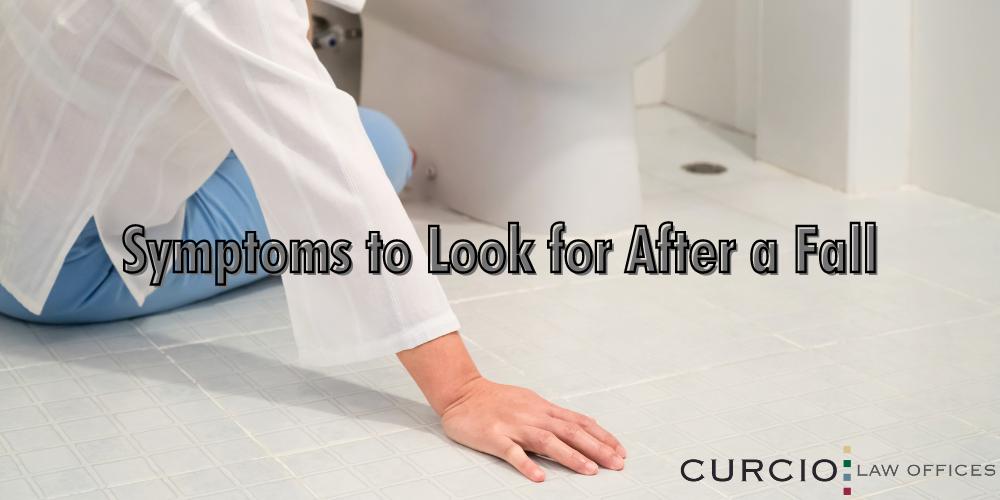After suffering a slip and fall accident, you may immediately feel pain and seek medical attention. Following some fall accidents, however, you may not feel as if you sustained injuries serious enough to warrant a trip to the emergency room, urgent care, or general doctor. In that case, you may experience delayed injury symptoms (also known as latent injury symptoms), so you should closely monitor yourself in the hours and days after your accident.
This blog will discuss the symptoms you should look out for following a slip and fall accident. If you experience any of these symptoms, you should be evaluated by a medical professional to prevent further injury or damage to your body. Remember: it’s better to be safe than sorry, so be proactive regarding your health.
If your falling accident resulted from another party’s negligence, you should find a reliable law firm willing to represent you in a personal injury lawsuit. The Chicago personal injury lawyers at Curcio & Casciato have helped clients recover significant compensation in Chicago premises liability cases. Call us today at (312) 321-1111 to schedule a meeting with one of our attorneys.
How Many People Fall Every Year?
According to the Centers for Disease Control, one in four elderly people suffer from fall injuries yearly. Of those that do, less than half of them see a medical professional about their injuries. Additionally, one in five falls result in serious injuries like a broken bone or head injury. If you have been the victim of a slip and fall accident and you experienced severe pain, you should seek medical attention as soon as possible.
Common Causes of Falls
Fall accidents can be caused by environmental hazards, including home hazards and hazards on other people’s property. These can include trip hazards like rugs, furniture, and clutter, as well as other hazards like broken steps, poor lighting, and uneven or slippery floors.
Pre-existing medical conditions can also cause fall injuries. Lower body weakness can cause a loss of balance, which can contribute to falling.
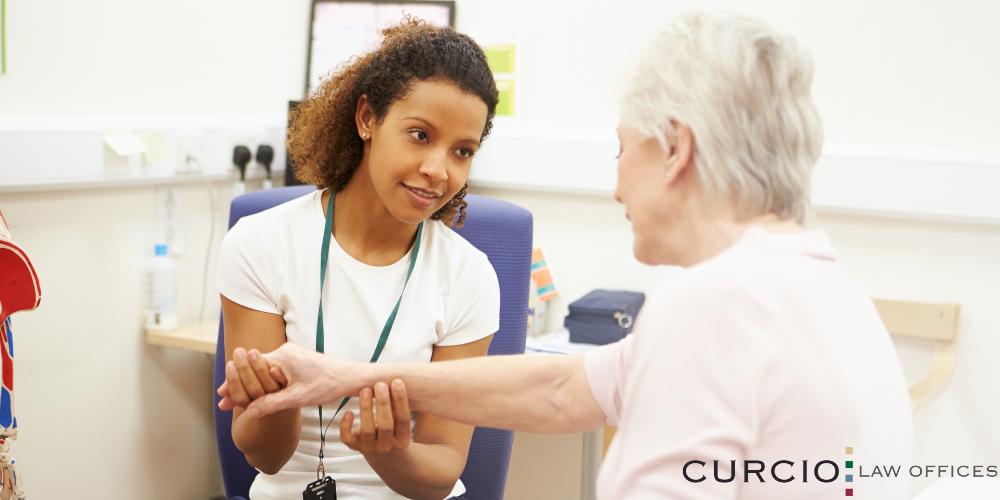
Risk Factors for Falls
Risk factors are certain elements that can cause someone to be at a greater risk of sustaining fall injuries. The more risk factors a person has, the more likely they are to have a fall accident. All nursing home residents should have their specific factors analyzed during regular fall risk assessments.
There are a lot of factors that can play a role in causing fall accidents. One risk factor can include the medications they are taking. Medications like sedatives, antidepressants, and blood pressure medications can cause someone to have poor balance or even experience loss of consciousness.
Any previous injuries, such as a brain injury, can also put someone at higher risk of sustaining a fall injury as well. A traumatic brain injury may cause someone to experience an increased loss of balance, making it easier for them to trip. Spinal cord injuries can cause an individual to experience paralysis, making it more difficult to move.
According to the World Health Organization, falls are the second leading cause of unintentional injury deaths across the globe, which is why it’s so important for individuals and their healthcare professionals to recognize potential risks and implement injury prevention measures. Managing risk factors is key to preventing falls in the future.
Common Fall Injuries
There are a large number of different kinds of fall injuries, and while some of them may not require medical treatment, they should still be monitored closely. Below are the most common injuries caused by fall accidents.
- Bruising
- Internal bleeding
- Falling down stairs injuries
- Neck injuries such as whiplash
- Broken bones such as cracked ribs or hip fractures
- Soft tissue injuries such as torn ligaments and stretched tendons
- Dislocated joints such as a dislocated shoulder
- Spinal injuries such as herniated discs and spinal cord injuries
- Partial or complete paralysis
- Head injuries such as traumatic brain injuries or coup-contrecoup brain injuries
Many falls may only cause soft tissue damage or bruising, but some cause severe injuries that require immediate medical attention. Severe fall injuries like spinal cord injuries and head injuries could even be life-altering. If you experience intense pain after a fall, seek medical treatment as soon as you can.
After seeking medical treatment, it’s crucial to seek legal advice especially if your injuries were caused by negligence.
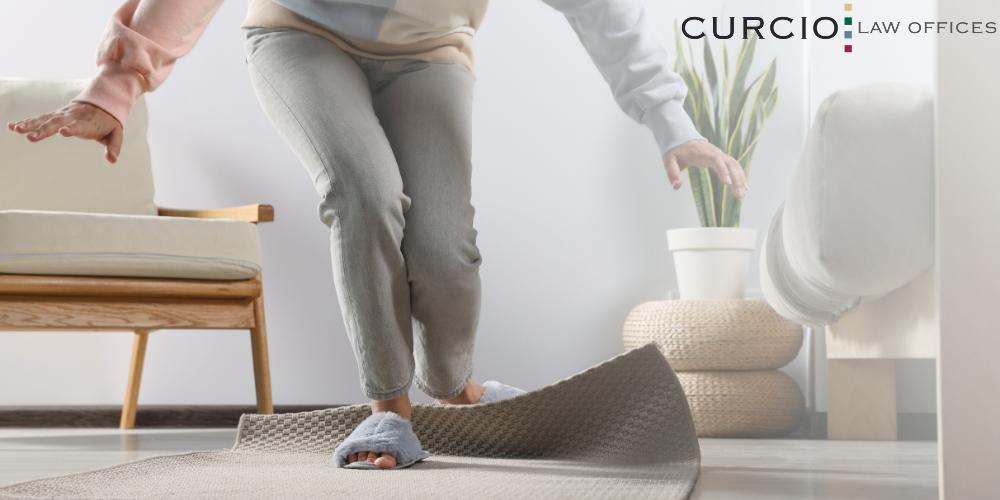
Symptoms to Look for After a Fall
A fall injury can cause someone to experience symptoms immediately but can also cause them to experience symptoms after the fact. Even if you don’t believe you need to seek medical attention immediately following a fall accident, if you experience any of the following symptoms after your fall, have a medical professional examine you. They can help ensure you don’t have any serious injuries due to your fall.
Additionally, if a fall victim feels fine after their accident but begins to experience more severe pain later on, or their injury symptoms persist for an extended period, they should still seek medical treatment. They may have sustained a serious injury as a result of their fall. This can include a mild headache that gets increasingly painful, sudden tingling or numbness, or an increased loss of balance. A medical evaluation can ensure you receive treatment for any broken bones, head injuries, or internal bleeding sustained from a fall.
If you or a loved one sustained internal injuries from a fall, contact a Chicago internal injury lawyer from Curcio & Casciato.
Chronic Pain
Following a slip and fall accident, someone may experience immediate sharp pain from hitting the ground, and then experience aching pain or complex regional pain syndrome (CRPS) in the days or weeks after. Sometimes, the victim may only experience pain after the adrenaline from the situation wears off. If someone experiences pain that becomes increasingly painful after an accident, they should seek medical attention as soon as possible.
If someone living with chronic pain from other injuries or conditions experiences more severe pain after their fall, they should seek medical treatment for their injuries as well. For example, if someone who experiences chronic neck pain falls and notices that their pain has gotten worse, they may have suffered cervical vertebrae fractures or herniated discs, which can lead to temporary disability. Long-term effects of fractured vertebrae or herniated discs are common as well.
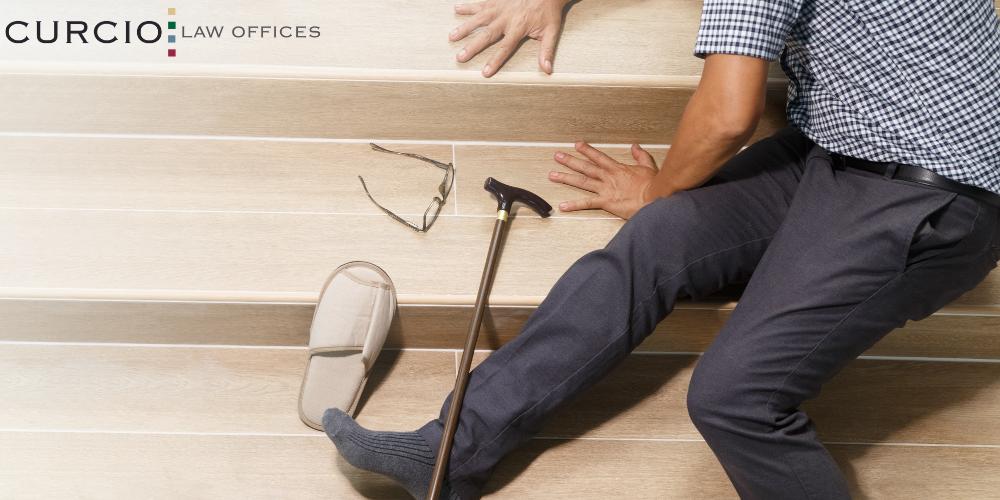
Head Injury or Brain Bleed Symptoms After Fall
Head injuries are some of the most severe injuries someone can sustain from a falling accident, and can occur when someone hits their head on the floor or another surface during a fall. Symptoms of a head injury can include:
- Dizziness
- Headaches
- Mood changes
- Confusion
- Nausea
- Slurred speech
- Restlessness
- Sensitivity to light and smell
- Convulsions or seizures
People over the age of 75 have the highest rates of traumatic brain injury-related hospitalizations and deaths in the U.S. If someone experiences one or more of these symptoms following a fall, they should immediately seek medical attention.
Bruising and Lacerations
One of the more immediate symptoms someone may experience after a fall accident are lacerations and bruises. They can sustain lacerations from any sharp objects or surfaces they hit during their fall, and can range from mild to severe. Lacerations from rusty or contaminated objects can cause the fall victim to require treatments for tetanus or other infections. Any severe laceration should be seen by a medical professional to limit blood loss, infection, and scarring.
Bruising occurs when broken blood vessels cause blood to pool underneath the skin and can also range from mild to severe. Mild bruising will usually go away on its own and can cause someone to experience mild symptoms like soreness in the tissue surrounding the bruise. Severe bruising, however, can be a sign of inner tissue damage, and painful bruises should be evaluated by a medical professional.
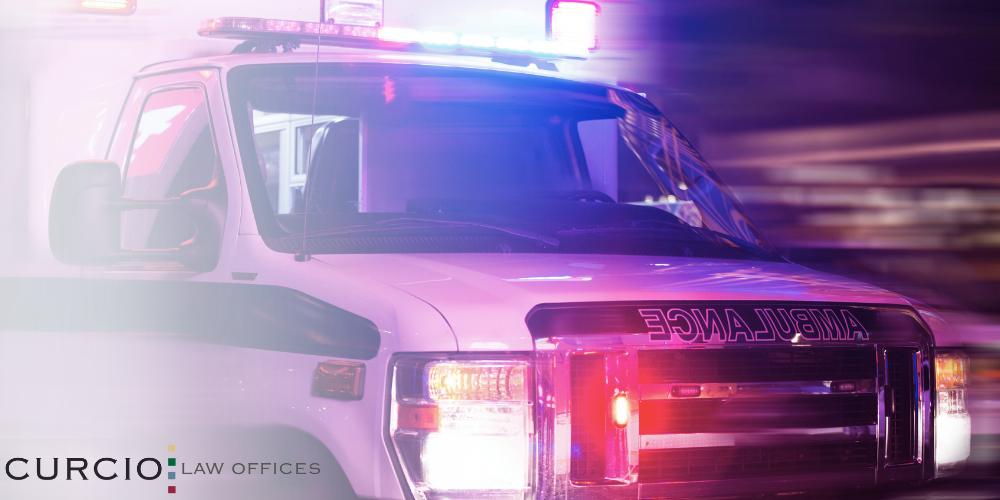
Poor Mobility
A fall injury may cause someone to experience limited mobility as a result of stiffness or sore muscles. If any limited mobility following a fall accident can’t be solved by stretching or moving around, the fall victim should seek medical treatment as soon as they can. This could be a sign of a more serious injury that may escalate further if not treated.
Another potential injury that often results in loss of mobility is a spinal cord injury. Any paralysis or complete lack of control over any part of the body should be treated as a severe injury, and the victim should seek medical attention immediately.
Some of the most common injuries from fall accidents, especially among the older population, are tailbone injuries and hip fractures. If you have recently fallen and begin experiencing difficulty moving your hips or notice severe bruising on your tailbone, you should receive medical care as soon as you can.
Not Feeling “Right”
At the end of the day, we all know our bodies better than any medical professional will. If someone just doesn’t feel “right” in their body after a fall, this is reason enough to get checked out at urgent care or the ER. Medical attention can help fall accident victims to recover physically, and it can also provide them with peace of mind knowing that they have received professional examination and guidance.
Mild symptoms, like tingling and numbness or a slight loss of balance, may seem small enough to ignore, but could be signs of nerve damage or head injury. It’s important for a fall victim to listen to their body and dispel any worries about their well-being by seeing a medical professional when they feel something is wrong.
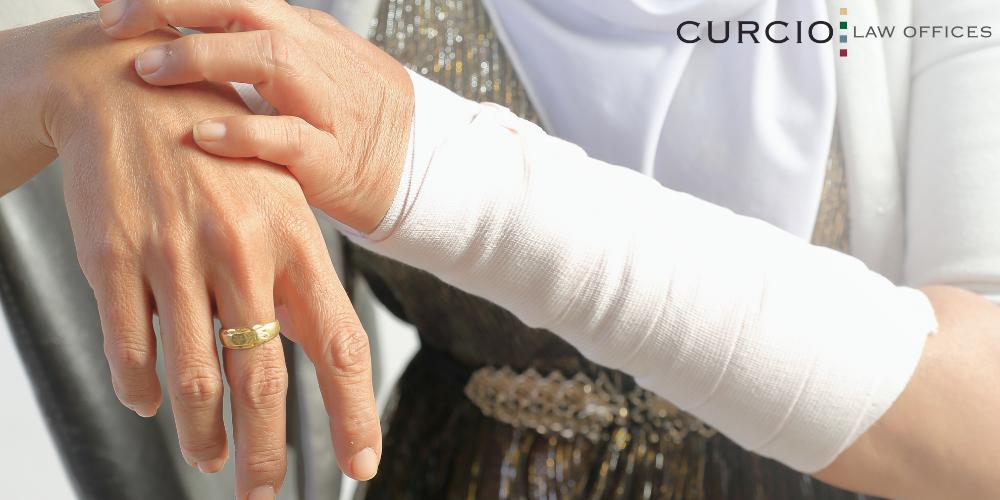
Can You Sue for a Fall Injury?
Yes, you can sue for a fall injury if it was the result of someone’s negligence. Negligent actions are a failure to reasonably take proper care in doing something. Slip and fall accidents often occur as a result of premises negligence, where someone fails to properly maintain a space and make it safe for others.
Fall accidents that lead to serious injuries like broken bones and spinal cord or brain injury can be life-threatening and life-altering, and the party responsible for causing those injuries should be held financially responsible. After seeking medical attention, a fall injury victim should contact a personal injury lawyer to help them seek compensation for the damages they’ve incurred as a result of their fall.
Slip and Fall Damages
Whether the victim experiences mild injuries or serious injuries as a result of a fall, a personal injury suit can help them recover damages for medical expenses, lost wages, lost enjoyment of life, and pain and suffering, among other things. Chicago catastrophic injury attorneys can help you calculate lost wages, calculate pain and suffering damages, and calculate all other types of damages in your claim.
While a personal injury lawyer will do most of the work for you, there are still a few things a fall victim should do. If someone suffers from a falling accident in a place like a store, you should notify the property owner or manager of the incident so that there is a record of the incident. Additionally, be sure to keep copies of any medical records or bills you incur as a result of your fall, since they can be used as evidence in a personal injury suit.
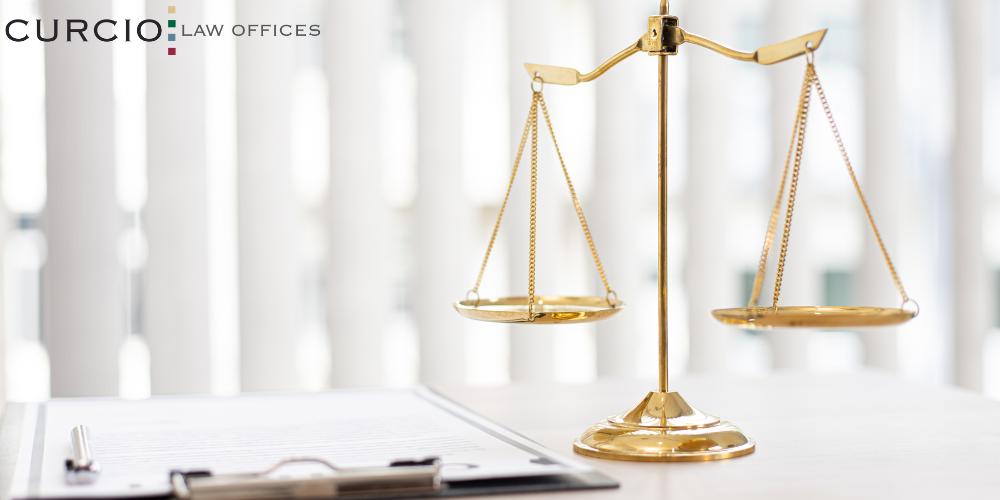
Call Chicago Personal Injury Lawyers at Curcio & Casciato Today
If you have recently suffered from a fall and suspect you may have sustained a serious injury, seek medical attention immediately. After that, be sure to contact Chicago slip and fall injury lawyers at Curcio & Casciato so that you can file a personal injury lawsuit and receive compensation as soon as possible. Our Chicago personal injury lawyers have experience handling a variety of personal injury cases, including Chicago car accident claims, Chicago medical malpractice claims, and Chicago product liability claims, so you can rest easy knowing your case is in good hands. Call us today at (312) 321-1111 to speak to one of our attorneys about your fall accident case.
